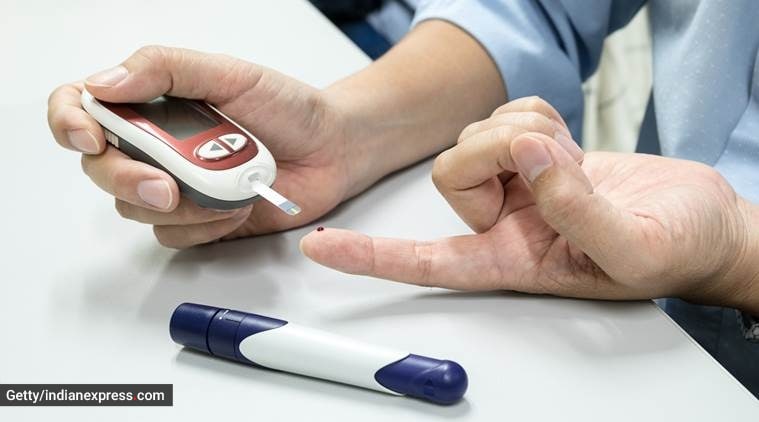One study examines how mentoring can provide support, improve quality of life and fill knowledge gaps for people with diabetes
PRESS RELEASE
BROCK UNIVERSITY
**************************
Sjaarda is looking for young adults between the ages of 18 and 30 with type 1 diabetes to find out what qualities they can expect from a future mentor. The goal of the project is to develop an intervention that will help those with the disease who may have problems.
Type 1 diabetes, commonly referred to as juvenile or insulin-dependent diabetes, is a chronic disease in which the pancreas itself produces little or no insulin. This leads to serious damage to the heart, blood vessels, eyes, kidneys, and nerves over time.
“It’s been 10 years since I received this life-changing diagnosis,” says Sjaarda, who realizes that there are many others like her who have received the news beyond childhood.
“While children and type 1 diabetes are very much a focus and research, we will all eventually become young adults and there is a knowledge gap for our age group,” she says.
Sjaarda, together with her thesis assistant, Associate Professor of Nursing Sheila O’Keefe-McCarthy and Community Research Partner Dr. Andrea Delrue, Niagara Health, Niagara Diabetes Center, on how mentoring can provide support, improve quality of life, and fill gaps.
“This is a disease that requires constant management and learning to deal with yourself on a daily basis,” says Sjaarda. “The results of my literature review underscore that high levels of emotional stress are associated with the endless worries, stresses, and concerns associated with treating diabetes.”
These symptoms, defined as “diabetes burden”, can lead to burnout as diabetics try to control their own physical and mental health. Problems of this nature are now “exacerbated during the COVID-19 pandemic,” says O’Keefe-McCarthy.
The results also suggest that increasing knowledge of diabetes and psychosocial support lead to behavior changes that enable better management of the disease and improvement in mental health.
The research team aimed to produce a meaningful study and initially intended to recruit participants and conduct interviews in a clinical setting. The COVID-19 pandemic has largely influenced this approach as personal interactions have been suspended since March 2020.
“Now I meet with COVID online or through telephone interviews with young people,” explains Sjaarda. “Losing the opportunity to build a personal relationship, which is a key component of qualitative research, isn’t ideal, but we make it work.”
One of the notable changes to the research approach is now that respondents are given the opportunity to examine how COVID-19 is affecting their management of diabetes, mental health, finances, and support systems. Participants are now recruited through snowball rehearsals or word of mouth. This has increased the geographic reach of the study beyond Niagara and across Ontario.
The part of the larger study that Sjaarda is working on aims to find out what mentoring means to each young participant and how the research team could develop a process that identifies suitable mentors.
The research project “Characteristics of a mentor required to build positive relationships in a type 1 diabetes intervention from a mentee’s perspective” is looking for English-speaking study participants.
Teens 18 to 30 years old with type 1 diabetes who would like to participate in an online interview through Microsoft Teams are asked to email Sjaarda at vs15lv@brocku.ca before Wednesday March 31st send. The conversational style interviews typically last less than an hour and participants can choose to share as much or as little as they want.
***************************

.jpg;w=1200;h=800;mode=crop)









